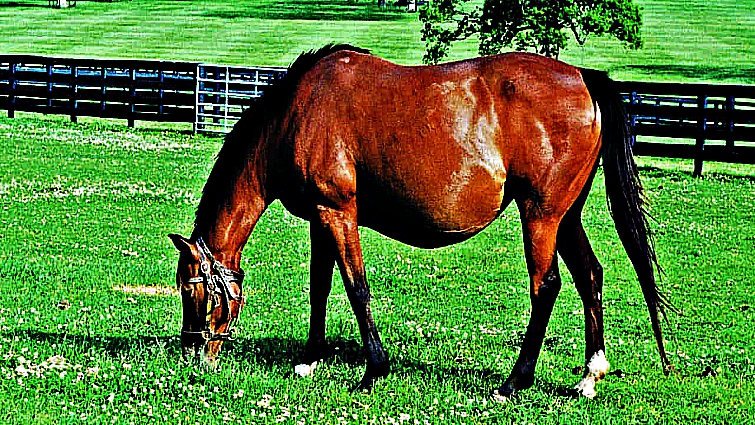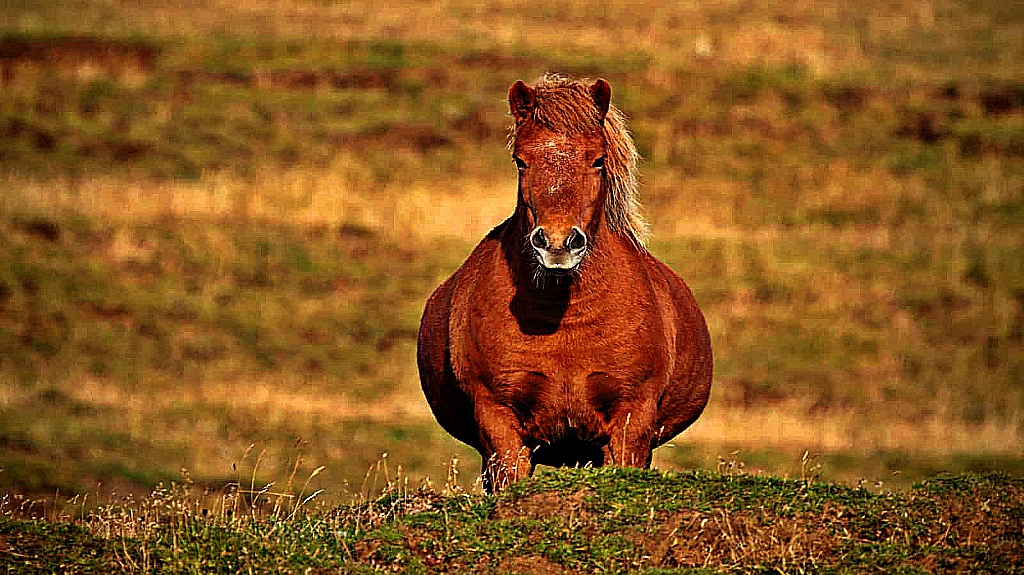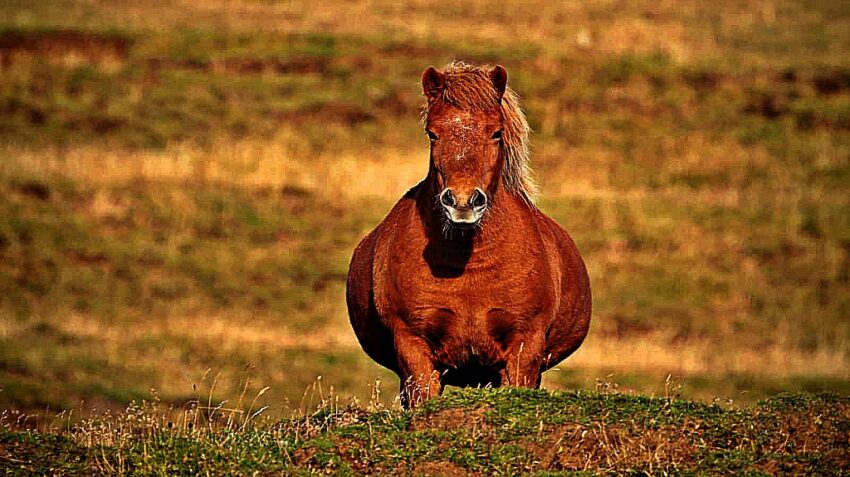In vitro fertilization (IVF) is a complex series of procedures used to help with fertility or prevent genetic problems and assist with the conception of a child. It widely used nowadays with humans, not as much with equines.in vitro-produced embryos don’t look like embryos that are flushed out of a horse’s uterus, but they actually appear to survive the freezing process better than those “natural or flushed” equine embryos (theHORSE, January 2019).

“The good thing about these in vitro embryos is that they’re very small compared to flushed embryos, and they don’t have that embryonic capsule,” fluid that causes issues with cryopreservation (freezing), says Anthony Claes, DVM, Ph.D., Dipl. ACT, assistant professor in equine reproduction at the Utrecht University Faculty of Veterinary Medicine, in the Netherlands.

261 equine in vitro embryos has been produced by intracytoplasmic sperm injection. The group of experts states that other conditions of mares’ season, age and management affect this process. Furthermore, they stated that they do not know all the details of Equine in Vitro yet but further advancements are going on in this topic.

It is very satisfying to say that this process is predicted to reach the levels of Human in Vitro and take place in the near future. The study, “Factors affecting the likelihood of pregnancy and embryonic loss after the transfer of cryopreserved in vitro produced equine embryos,” was published in the Equine Veterinary Journal.

